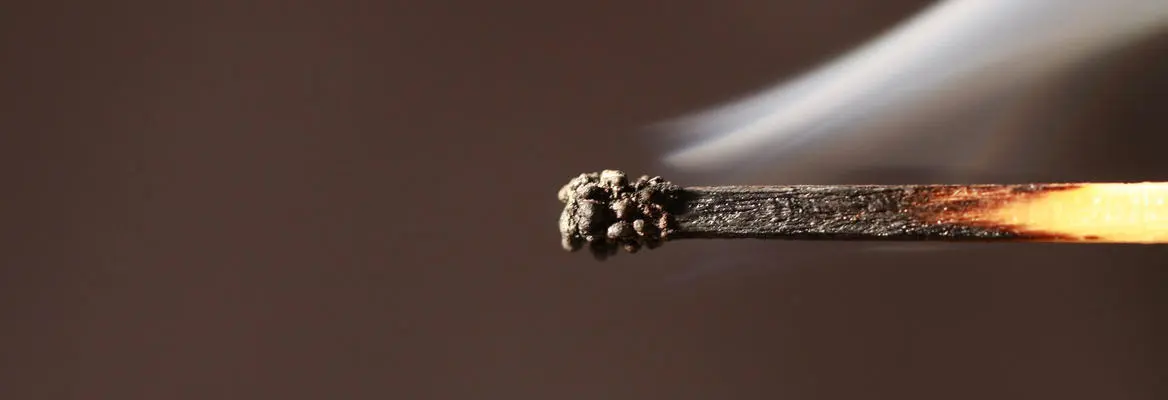The death drive is not the opposition of our life drive. It's the inevitable consequence of an unchecked life drive, both in individuals and in society. Amid the enforced inactivity of the Covid-19 lockdown we have a chance to reflect on who we are and who we want to be.
I’m writing this from my youngest child’s bedroom, requisitioned for the period of lockdown as a makeshift daytime office. It faces the garden, from which a daily chorus of birdsong, no longer muffled by the noise of busy roads and skies, is ringing out with a startling new clarity.
When I venture outside, the visibility of White City’s new tower blocks and the street’s trademark notes of spring flowers and marijuana have been sharpened by weeks of dramatically reduced traffic pollution. My enhanced sense of smell brings new intensity in turn to the taste of food. Even the sense of touch seems charged by my restrictive caution towards almost everyone and everything outside my own home.
That this feeling of aliveness in myself and the world around me should be the consequence of a deathly pandemic is a painfully bitter paradox.
Having thus far been fortunate enough not to have been afflicted by either illness or loss of livelihood, I’ve been free to enjoy this recharging of the senses. But I’ve also been unsettled by it. That this feeling of aliveness in myself and the world around me should be the consequence of a deathly pandemic is a painfully bitter paradox.
I’m hardly alone in noticing this jarring juxtaposition, on which so much commentary of the last few weeks has been focused. Alongside the palpable revitalization of our social and emotional bonds, we witness irruptions of anxiety and depression, all too audible in my virtual consulting room, as men and women are gripped by fear for their own and their families’ physical health, for their financial survival, for the sheer uncertainty of the future.
Signs of vital human and ecological renewal, in other words are arising in the shadow of mass death and suffering. I’ve spent much of these last weeks thinking about what this means from the perspective of psychoanalysis, whose major theorists have returned insistently to the fundamental forces of life, death and the relationship between them.
The very force that drives us forward, they suggested, can also be the very thing that causes us to get stuck and grind to a halt.
Towards the end of his life, Freud gave the name of Eros, or life drive, to what he had earlier called the sexual drive. It is the force that expresses itself in our individual and collective impulses to create what he called ‘ever larger unities’, the drive to build, expand and conquer, to master both the natural and human worlds.
But Freud also insisted, particularly in Beyond the Pleasure Principle, that the death drive coexists intimately with the life drive. The death drive is not in opposition to the life drive, rather it operates by insinuating itself imperceptibly into the life drive.
Environmental catastrophe, for example, doesn’t originate in some purely death-driven Bond villain’s nefarious scheme to despoil the world; it is much more the unintended consequence of our life-driven ambitions for the world – to increase material prosperity, to shorten local and global distances, to heat and light and shelter and feed an exponentially expanding global population. And yet the achievement of these apparently laudable aims has resulted in the exploitation, enslavement and destruction of innumerable human beings, species and natural resources.















Join the conversation